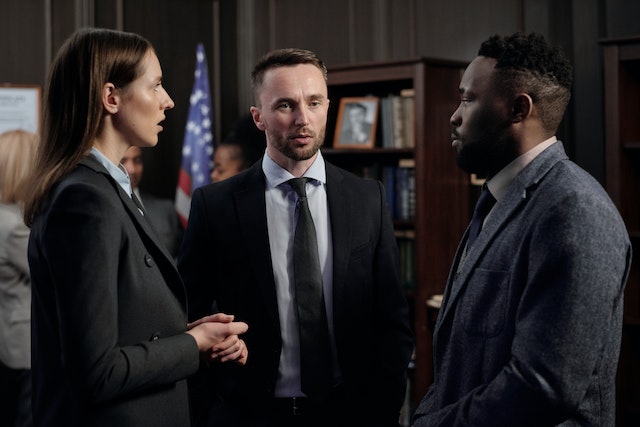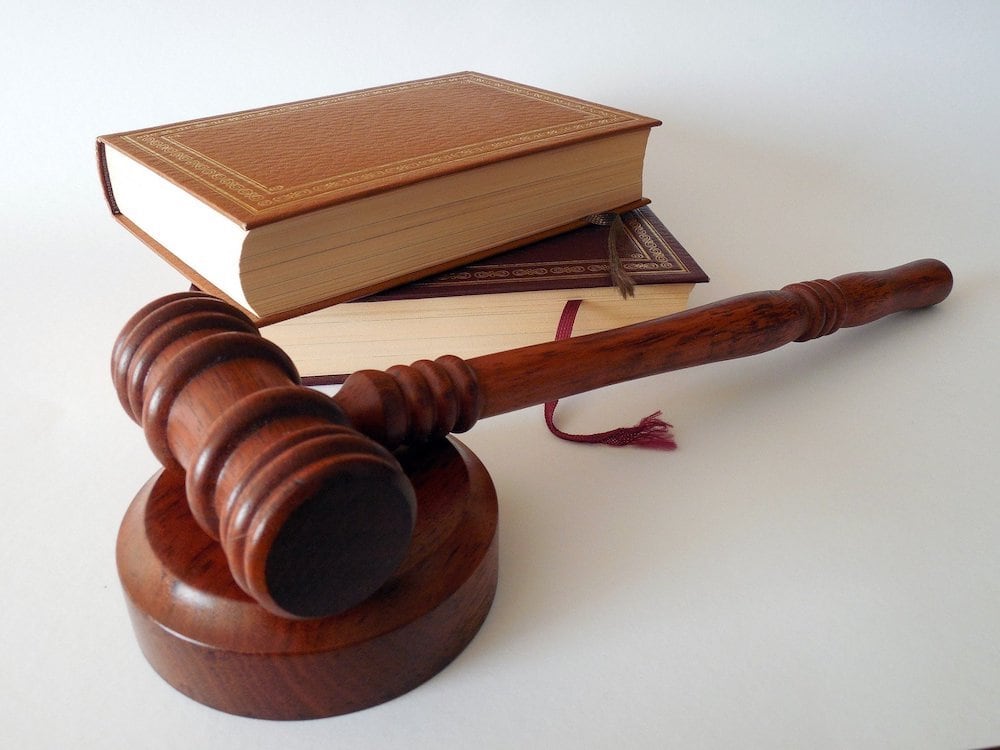
Filing for bankruptcy is always a difficult decision. Unfortunately for many, this can impact many aspects of life. If you own a business, understanding how a personal bankruptcy filing can affect the others involved and invested in your company is critical. The following blog explores what you must know about these circumstances and how it could impact your business partners and shareholders. You’ll also discover why enlisting the assistance of a Memphis, TN consumer bankruptcy lawyer is critical to helping you navigate the complexities of this process.
What Are My Options for Bankruptcy?
When you want to file personal consumer bankruptcy, understanding your options is critical. Most commonly, those in debt will file Chapter 7 or Chapter 13 bankruptcy.
Chapter 7 bankruptcy is ideal for those who make less than the median income of their state and will result in the liquidation of assets to repay debt quickly. You must pass a means test in order to qualify for Chapter 7.
If you do not qualify for Chapter 7, you can file for Chapter 13, you are placed on a repayment plan. This will last three to five years, and you will make monthly payments to your creditors. Generally, Chapter 13 does not impact your business.
What Will Happen to My Business Partners and Shareholders?
If you want to file for personal Chapter 7 bankruptcy, it’s necessary to understand how it can impact your business and the people invested in it. In many instances, your business is considered an asset and will be taken into consideration when filing, as they are often considered a part of you. The only expectation is if you own a corporation, as these are held separately from their owners.
For example, if you own a Limited Liability Company (LLC), your business partners can demand that you sell your share of the company to avoid facing issues in the company. If you have a partnership, you may be liable for the debts of the business, as you are considered the same as your company. However, filing for bankruptcy may absolve you of the business debts, leaving your partner responsible for your debts. As such, they will likely consult an attorney. Additionally, your business partnership contract may have a clause that holds you liable for your debts in the event you file for bankruptcy.
Though Chapter 13 may not have as significant an impact on your business, it is necessary to understand that if you have a partnership, the law will consider you and your business one and the same. As such, the income generated by your business will be regarded as your income, thus impacting your repayment plan.
If you are considering filing for personal bankruptcy but you are the co-owner of a business, it is in your best interest to contact an experienced bankruptcy lawyer as soon as possible to guide you through this complex process. At the Arnold Law Firm, we understand this is not an easy decision. As such, we will do everything possible to make this as easy as possible for you.




